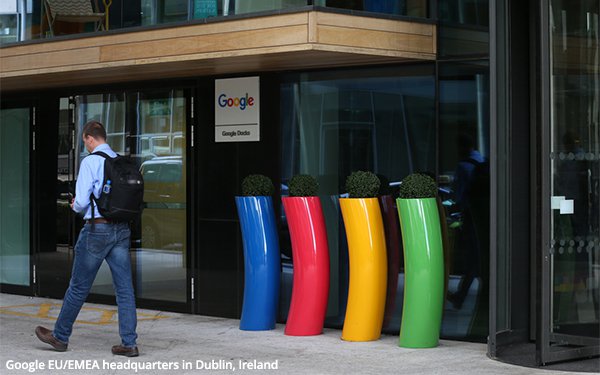
Google responded on Friday to the European
Commission’s September decision that found its ad-technology business breached antitrust rules.
It rejected a ruling to break up its business, which could prompt the EU to force a
divestiture if not satisfied with Google’s remedies.
"As required, we have submitted our compliance plan," Google wrote in a blog post. "Our proposal fully addresses the EC’s decision without a disruptive breakup that
would harm the thousands of European publishers and advertisers who use Google tools to grow their business."
Google's plan, created by the company's executives, includes changes to its
products, which means that it would end certain practices the Commission challenged.
advertisement
advertisement
For example, publishers will now have the option to set different minimum prices for advertising bidders
when using Google Ad Manager.
Google's post also explained that it proposed "significant changes to address any suggestions of conflict of interest, including increasing the interoperability
of our tools to give publishers and advertisers more choice and flexibility."
There have been many battles in which Google has had to work through an outcome that would prevent its breakup. In
one recent example, a Berlin court ordered the company to pay the German price comparison platform Idealo $542 million, about 465 million euros, for market abuse.
In this instance, the court found that Google had abused its dominant market position in two case decisions and ordered it to pay damages. Both rulings can be
appealed, a court spokesperson told Reuters.
Earlier this week, the Financial Times reported Brussels plans to investigate Google for
its ranking of news outlets in search results. Two officials told the FT that the European Commission
planned to open a probe into claims that Google demoted publishers carrying “third party” promotional content -- sponsored editorial articles.
The probe falls under the
Digital Markets Act, which pertains to the dominance of what the EU deemed "digital gatekeepers." The law mandates that large tech companies cannot put other groups operating on their platforms at a
disadvantage.
If they are found guilty of non-compliance, companies face fines that could amount to up to 10% of their global revenue.